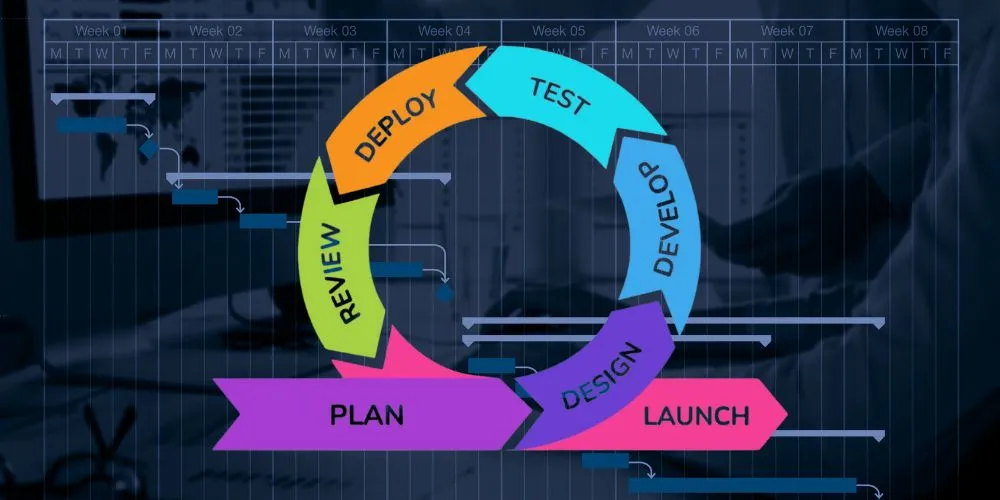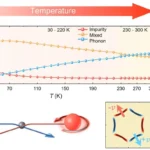Agile methodology has emerged as a beacon in project management and software development, offering a dynamic, adaptive approach to navigating the complexities of modern workflows. Born out of the need for flexibility and responsiveness, Agile has transcended its origins in software development to become a versatile framework applicable across various industries. At its core, Agile is more than a set of practices; it’s a mindset that embraces change, values collaboration, and prioritizes delivering customer value iteratively and incrementally.
Iterative and Incremental Development
The heart of Agile Methodology lies in its iterative and incremental development approach. Instead of delivering a complete product at the end of a project, Agile divides the work into smaller, manageable increments called iterations. It allows teams to continuously reassess and adapt to changing requirements, incorporating feedback at every stage. Agile’s iterative nature enhances flexibility and enables faster time-to-market, making it particularly well-suited for industries where rapid adaptation to evolving customer needs is critical.
Cross-Functional Collaboration
Agile methodology places a premium on collaboration and cross-functional teams. Rather than working in isolated silos, individuals with diverse skills collaborate closely throughout the development process. This collaborative environment fosters better communication, a shared understanding of project goals, and a collective sense of ownership. Breaking down silos ensures that expertise from diverse domains contributes synergistically to the project’s success.
Adaptive Planning and Flexibility
In Agile, change is not just expected; it is embraced as a natural part of the development process. Unlike traditional, rigid project management approaches, Agile Methodology planning is adaptive and flexible. Requirements are continuously refined and reprioritized based on evolving customer needs and market dynamics. This responsiveness to change allows Agile teams to stay nimble in the face of uncertainty, adjusting their course as the project unfolds.
Continuous Feedback and Improvement
Agile methodologies emphasize continuous feedback and improvement. Regular retrospectives allow teams to reflect on their performance, identify areas for improvement, and implement changes in real time. This commitment to continuous improvement fosters a culture of learning and adaptation, ensuring that each project iteration is an opportunity to enhance processes, efficiency, and overall team performance.
Conclusion
The transformative power of Agile methodology lies in its practices and the mindset it cultivates. By embracing iterative development, cross-functional collaboration, adaptive planning, and a commitment to continuous improvement, Agile equips teams to thrive in an environment of uncertainty and change. In a world where agility and responsiveness are paramount, Agile methodology is a guiding philosophy that transcends industries and domains, providing a roadmap for navigating the complexities of the modern business landscape with resilience and excellence.





